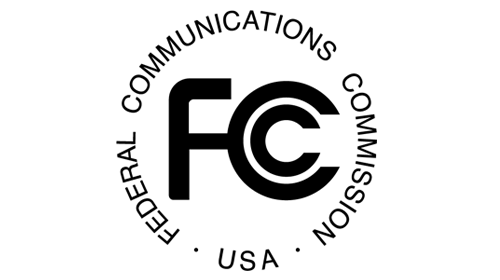
In response to a call for comments regarding the Federal Communications Commission's (FCC) enforcement of its broadcast indecency policies, the ACLU submitted comments last month arguing that the FCC's regulations have devolved into vague, overbroad, and arbitrarily enforced rules.
Although courts have controversially ruled that speech broadcast on television and radio may be subject to some regulation (a position with which the ACLU continues to disagree), the First Amendment requires that the government provide clear lines between what is and is not permissible. The FCC's current regulations provide no such line, resulting in arbitrary enforcement and, subsequently, dangerous self-censorship.
The controversial issue of indecency regulation is not new to the FCC, the courts, or the ACLU. The current controversy goes back to a Supreme Court case called FCC v Pacifica, in which the FCC issued a warning to a radio station after it aired a monologue by the comedian George Carlin, which included the repeated use of seven "forbidden" expletives. The case reached the court in 1978 where a bare majority affirmed the government's right to regulate speech on broadcast TV and radio (with one of the concurring judges limiting his approval for regulation to very severe violations or, as he put it, "verbal shock treatment"). Given the public's dependence on broadcast media at the time—and its uniquely pervasive nature—the court ruled that the FCC could issue regulations to protect children and unwitting adults from indecent (but not obscene) language.
While the Supreme Court made sure to emphasize the "narrowness" of its ruling, FCC enforcement has since spiraled out of control. Immediately following Pacifica, the FCC limited enforcement actions to egregious cases involving the seven Carlin expletives. Since then the FCC has revisited its regulations a number of times, each time expanding their scope by adopting increasingly vague and subjective standards, which culminated in a 2005 FCC order allowing enforcement for mere "fleeting" expletives.
The result has been a serious chilling effect on creative, social, and political speech over broadcast media, speech that should be entitled to full First Amendment protection. For example, in 1987 PBS felt pressured to provide broadcasters with an edited version of its civil rights documentary "Eyes on the Prize" to avoid possible indecency charges. The edited version censored the famous statement by James Forman calling for a more aggressive approach to the movement: "If we can't sit at the table, let's knock the fucking legs off."
Ambiguous regulations also lead to arbitrary enforcement. The FCC fined PBS for airing a Ken Burns documentary featuring African-American hip hop and blues artists swearing. Meanwhile, they decided that extensive profanity in in the World War II film Saving Private Ryan was acceptable for air because omitting the expletives would "alter...the nature of the artistic work and diminish… the power, realism and immediacy of the film experience for viewers." The FCC really shouldn't be in the business of drawing these inherently subjective lines between what has artistic worth and what doesn't.
Furthermore, how we consume media has changed significantly since the court ruled in Pacifica. The Internet, cable TV, XM radio and other technologies offer near-limitless ways to access media, including media featuring "indecent" content that would be subject to regulation were it broadcast over the airwaves. This is particularly true of children—a prime concern of the court in 1978—who tend to adopt new technologies at a rate faster than adults. In the Pacifica case, the Court feared that the unique accessibility of broadcast to children heightened concerns that they would inadvertently be exposed to the Carlin "verbal shock treatment." Now, however, kids can (and do) access far edgier content than even the Carlin monologue by flipping on cable or going online.
In addition, even though broadcast is no longer "uniquely accessible" to children, it remains an essential source of information for millions of Americans, and especially for minority and lower-income Americans. So, while the child protection rationale for Pacifica no longer holds water, FCC regulations continue to sterilize the primary source of news, entertainment and public safety information for less privileged Americans.
The First Amendment right to freedom of speech is especially threatened by vague laws because they invite selective or arbitrary enforcement. They allow the government to play favorites and inevitably prompt speakers to self-censor in order to preempt enforcement. These concerns are all the more acute when they affect a medium that is disproportionately used by lower income and minority communities. We applaud the FCC for seeking comments on its indecency enforcement policies, and urge it to finally adopt an enforcement posture that is clearly in line with the First Amendment.
Learn more about censorship and other civil liberties issues: Sign up for breaking news alerts, follow us on Twitter, and like us on Facebook.
Stay informed
Sign up to be the first to hear about how to take action.
By completing this form, I agree to receive occasional emails per the terms of the ACLU's privacy statement.
By completing this form, I agree to receive occasional emails per the terms of the ACLU's privacy statement.

